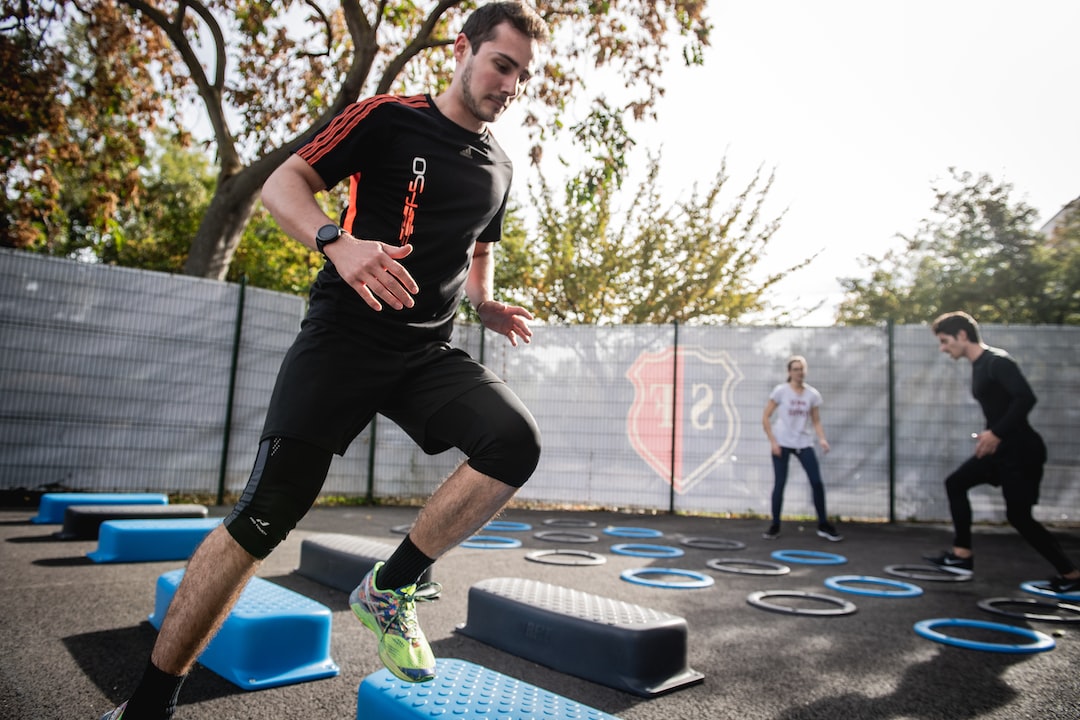The Science of Sports Performance: Examining Training Techniques and Sports Science
Sports performance is a field that has evolved significantly in recent years. Gone are the days when athletes relied solely on natural talent and physical fitness. Today, scientific research and training techniques play a crucial role in enhancing athletic performance. In this blog post, we will explore the science behind sports performance and the various training techniques that are employed to optimize an athlete’s abilities.
Sports science, also known as exercise science or sports medicine, is a multidisciplinary field that combines knowledge from various disciplines such as physiology, biomechanics, psychology, nutrition, and biochemistry. Its main objective is to understand and optimize human performance in sports and exercise.
One of the fundamental aspects of sports science is physiological testing. By measuring an athlete’s physical capacities, such as aerobic endurance, strength, power, and flexibility, sports scientists can tailor training programs to meet individual needs. These tests can provide valuable insights into an athlete’s strengths and weaknesses, allowing trainers to design targeted interventions to improve overall performance.
Strength and conditioning training is another crucial component of sports science. This type of training aims to enhance an athlete’s strength, speed, power, and agility, ultimately improving their performance on the field. Strength and conditioning coaches use various training methods and exercises to achieve these goals, including weightlifting, plyometrics, sprint training, and agility drills. By combining these techniques, trainers can help athletes develop the functional strength and power necessary for optimal performance.
Biomechanics is yet another field that plays a significant role in sports performance. It focuses on the mechanical principles of human movement and how it impacts sports performance. By analyzing an athlete’s movement patterns and optimizing their technique, sports scientists can help athletes become more efficient and reduce the risk of injury. For example, in sports like running or swimming, analyzing an athlete’s stride or stroke technique can lead to significant improvements in speed and efficiency.
Nutrition is also a crucial aspect to consider when it comes to sports performance. A well-balanced diet is essential for providing athletes with the necessary energy to perform optimally, as well as aiding in recovery and injury prevention. Sports nutritionists work closely with athletes to design personalized meal plans that meet their specific nutritional needs, ensuring they have the right balance of macronutrients (carbohydrates, proteins, and fats) and micronutrients (vitamins and minerals) to fuel their performance.
Sports psychology is another field that has gained recognition in recent years. The mental aspect of sports performance is just as important as the physical aspect. Sports psychologists work with athletes to enhance their mental well-being, minimize anxiety, and improve focus and concentration. Techniques such as visualization, goal-setting, and mindfulness have been shown to have significant benefits in sports performance.
Technology also plays a crucial role in sports science. Advanced tools such as motion capture systems, wearable sensors, and physiological monitoring devices can provide valuable data to analyze an athlete’s performance in real-time. This allows trainers and coaches to make informed decisions about training, recovery, and injury prevention.
In conclusion, the science of sports performance has revolutionized the way athletes train and compete. By combining knowledge from various disciplines, including physiology, biomechanics, psychology, nutrition, and technology, sports scientists and trainers can optimize an athlete’s performance on the field. Through physiological testing, strength and conditioning training, biomechanical analysis, nutrition, sports psychology, and technological advancements, athletes can reach their full potential and achieve their goals. As sports science continues to evolve, we can expect even greater advancements in training techniques and performance enhancement.

